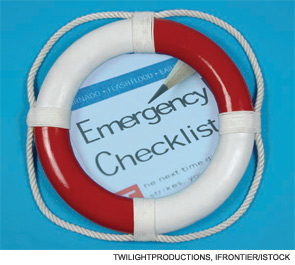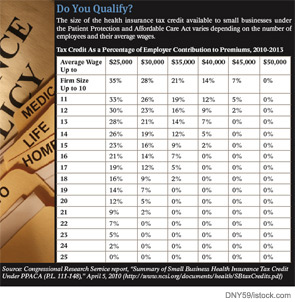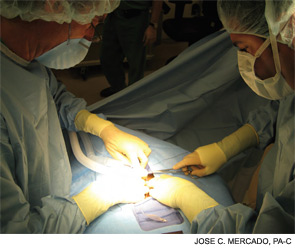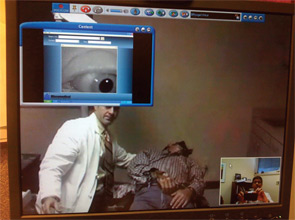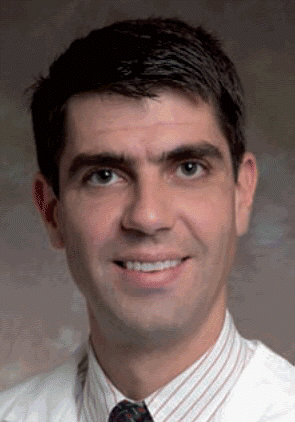Ten years have passed since the U.S. was attacked on September 11, 2001 and six since Hurricane Katrina slammed into the Gulf Coast. And, while disasters of that magnitude are rare, hundreds of smaller-scale disasters occur every year, including tornadoes, blizzards, fires, earthquakes, airline crashes and chemical spills.
